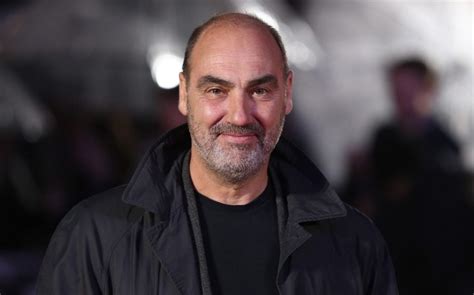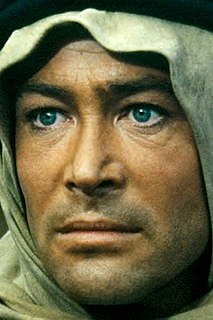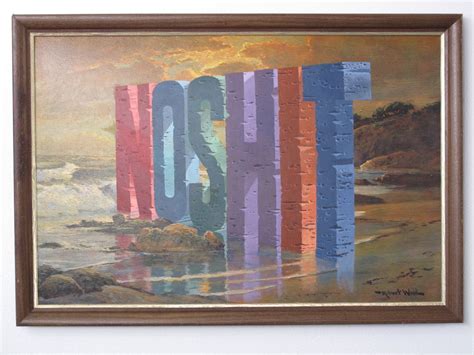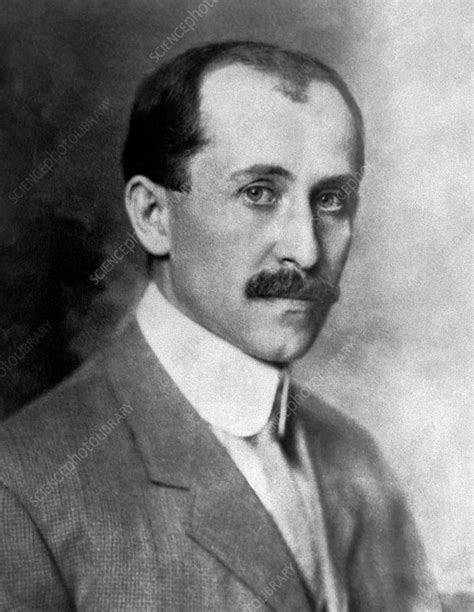A Quote by Patrick Stump
There's a certain fear of simplicity. I think that's the thing, when you're younger as an artist, you get this idea in your head that complexity equals quality. The more notes you're playing, the better.
Related Quotes
The world is a thing of utter inordinate complexity and richness and strangeness that is absolutely awesome. I mean the idea that such complexity can arise not only out of such simplicity, but probably absolutely out of nothing, is the most fabulous extraordinary idea. And once you get some kind of inkling of how that might have happened ' it's just wonderful. And . . . the opportunity to spend 70 or 80 years of your life in such a universe is time well spent as far as I am concerned.
There are certain scenes in the edit you're playing with it and certain scenes don't put back together the way you imagined. Sometimes they're better and sometimes they don't have that thing, so it's never foolproof. But you certainly get an idea that here we've got enough and we've got to move on because you're always against time and money there. Whatever the budget is, you have to get practical about it.
You kind of notice what's going on in your body, and you can kind of feel a certain tightening, or fear, which is something that, as an artist, I've kind of befriended. I can pretty much count on it for anything that I engage in - that thing like, "Am I going to be able to pull this off?" Well, what am I gonna do with this feeling? The more nervous you get, the more worried you get about it. So you pay attention to what you might need.
Anything an artist does is to show ourselves as we really are, which is a complex thing. I don't think that one work of Philosophy or Art, or Letters, or Acting, or Middle Playing, or Tightrope Walking, or Flea Circuses has made mankind better, if by better you mean kinder, wiser, more tolerant of each other. One thing self knowledge. Knoticayton: know thyself.
Every artist knows that there is no such thing as "freedom" in art. The first thing an artist does when he begins a new work is to lay down the barriers and limitations; he decides upon a certain composition, a certain key, a certain relation of creatures or objects to each other. He is never free, and the more splendid his imagination, the more intense his feeling, the farther he goes from general truth and general emotion.
I know I have to do the right thing. And the sooner you do the right thing, the better. You get it over with, and you don't have to worry about it anymore. But who does that in real life? Instead, you procrastinate and think about it and put it off and think about it some more until that one little pebble grows into a giant block inside your head.
I would advise puppeteering for any artist. It's a way to break down pretensions. It's a sculpture that can talk. It's a painting that can talk. And it's pure play. I think every artist needs to stay in touch with the idea of playing. The artist should always be playing, always. All art is performance.
You can definitely train your awareness to be even better than it is. Of course, you start with a certain point of feelings and awareness on the pitch. But I think the more you get in positions, the more you get used to it, the more you get used to the tempo of your team-mates, everything. It feels more and more natural, and quicker and quicker.



































